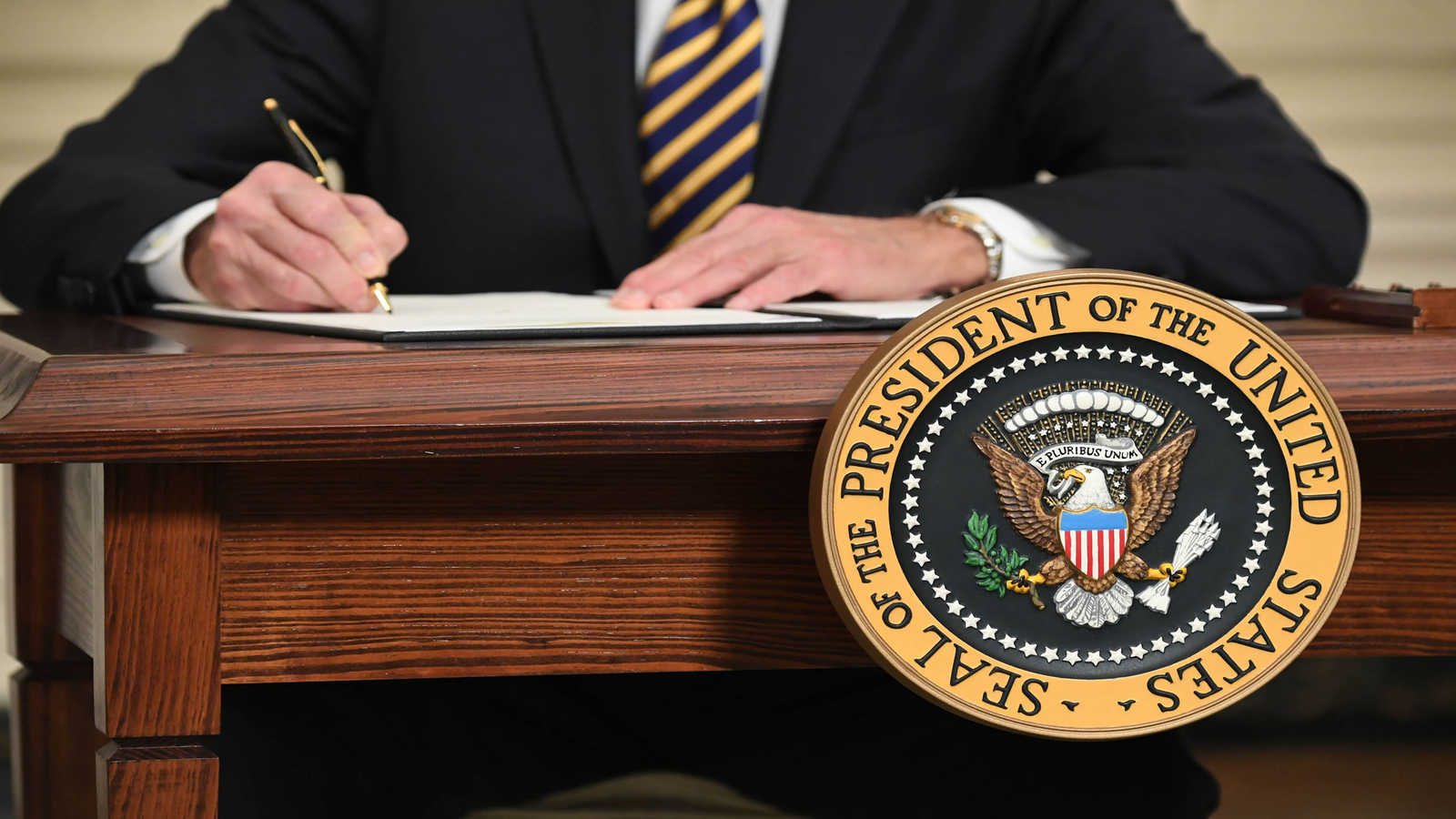Officials suggested the late-night precision bombing was designed to minimize casualties while avoiding backlash from the Iraqi government.
The United States carried out an airstrike against buildings used by Iran-backed militias in eastern Syria late on Thursday night in retaliation for recent rocket attacks on US and coalition military sites in Iraq.
The strikes destroyed several facilities at a “border control point” used by Iran-backed militias Kataib Hezbollah and Kataib Sayyid al-Shuhada, Pentagon press secretary John Kirby said. An Iraqi member of a Kataib Hezbollah-affiliated militia was killed, the group announced in a statement.
Speaking to reporters accompanying him in California on Thursday, Defense Secretary Lloyd Austin expressed confidence that the US strikes hit the same Shiite militia that carried out the recent attacks in Iraq. Austin also credited an Iraqi-led investigation into the recent attacks with helping determine the target. “We know what we hit,” he said.
Iraq’s defense ministry sought to distance itself from the US retaliation on Friday, denying that it had shared intelligence related to the airstrike.
President Joe Biden authorized the strike in response to rocket barrages in recent weeks that targeted Erbil air base in Iraq’s Kurdistan Region, the Green Zone in Baghdad and Balad air base some 65 kilometers (40 miles) north of the capital.
The Erbil attack killed a Filipino contractor for the US military and wounded nine others, including a member of the US military. Another contractor — one working for an American defense company called Sallyport — was injured when at least four rockets struck the Balad air base, home to Iraq’s F-16 fleet.
Kirby said Thursday’s airstrikes were carried out in consultation with US-led coalition partners and “in a deliberate manner that aims to de-escalate the overall situation in both eastern Syria and Iraq.”
The strike came just hours after Biden spoke with Saudi Arabia’s King Salman bin Abdul-Aziz Al Saud by phone. The Gulf kingdom has been also been hit with a spate of projectile attacks claimed by both known and suspected Iran-linked groups in the region. Biden also spoke with Iraq’s Prime Minister Mustafa al-Kadhimi on Tuesday. The two leaders “agreed that those responsible for such attacks must be fully held to account,” according to a White House statement.
“The decision to strike in Syria instead of Iraq was likely to avoid causing issues for the Iraqi government,” said Mick Mulroy, the Pentagon’s former top policy official for the Middle East, fellow at the Middle East Institute and ABC News analyst.
The strike risks retaliation from Iran-backed groups in the region, a consequence that could potentially complicate the Biden administration’s goal of reentering the 2015 nuclear agreement with Tehran.
Biden adminsitration officials avoided immediately attributing blame for the recent attacks in Iraq, deferring to a local investigation by Iraqi authorities before saying the United States would hold Iran accountable for the actions of armed groups that Tehran supports in the region.
Iran’s government denied involvement in the Erbil strike, but the head of all US military forces in the Middle East, Gen. Kenneth “Frank” McKenzie, cautioned on Wednesday that it was “very dangerous” for Iranian leaders to assume plausible deniability for such attacks.
Earlier on Thursday, Prime Minister of Iraq’s Kurdistan Regional Government Masrour Barzani announced that the investigation had identified those responsible for the Erbil rocket barrage, but declined to publicly name them.
Previous rocket strikes on US and international coalition positions in Iraq have been carried out with similar Iranian-made weapons as those used in the recent attacks. Previous incidents have also been claimed by suspected front groups for powerful Iran-backed Iraqi Shiite militias whose leaders have continued to call for the withdrawal of the 2,500 American forces remaining in the country in the aftermath of the multinational ground war against the Islamic State (IS).
A rocket fusillade on an air base near Kirkuk in 2019 brought the United States and Iran to the brink of conflict after an American citizen was killed, leading to a chain of events that culminated in former President Donald Trump ordering Iranian Maj. Gen. Qasem Soleimani killed in a drone strike in Baghdad early last year.
A US official familiar with operations in the region told Al-Monitor that Thursday’s airstrike was designed to avoid significant casualties. The Syria-Iraq border area near the towns of Albukamal and al-Qaim is regularly transited by Iran-backed militias moving personnel and weapons into Syria. The United States and Israel have closely coordinated to inhibit that activity, fearing the implications of the free flow of Iranian-backed fighters and weapons westward toward the Mediterranean.
US aircraft have penetrated Russian-controlled airspace to strike IS targets on the western side of the Euphrates River in Syria’s eastern desert before, according to a former US official. But Iran-backed targets typically fall under the focus of Israel’s air force.
Israel has conducted hundreds of strikes in Syria, including against the country’s own air defenses. The United States began aiding Israel’s secretive air campaign following a request in 2018, sharing intelligence and allowing Israeli fighter jets to use US air corridors along the Jordan-Syria border and via airspace over al-Tanf outpost.
Last month, Israel launched an unusually bold string of airstrikes against Iran-backed militia facilities across eastern Syria. The strikes came after then-outgoing Secretary of State Mike Pompeo reportedly discussed the operation with Israel’s intelligence chief Yossi Cohen in Washington.
 Eurasia Press & News
Eurasia Press & News




